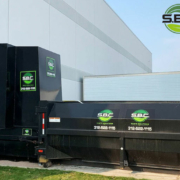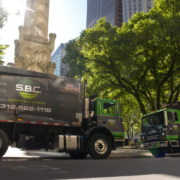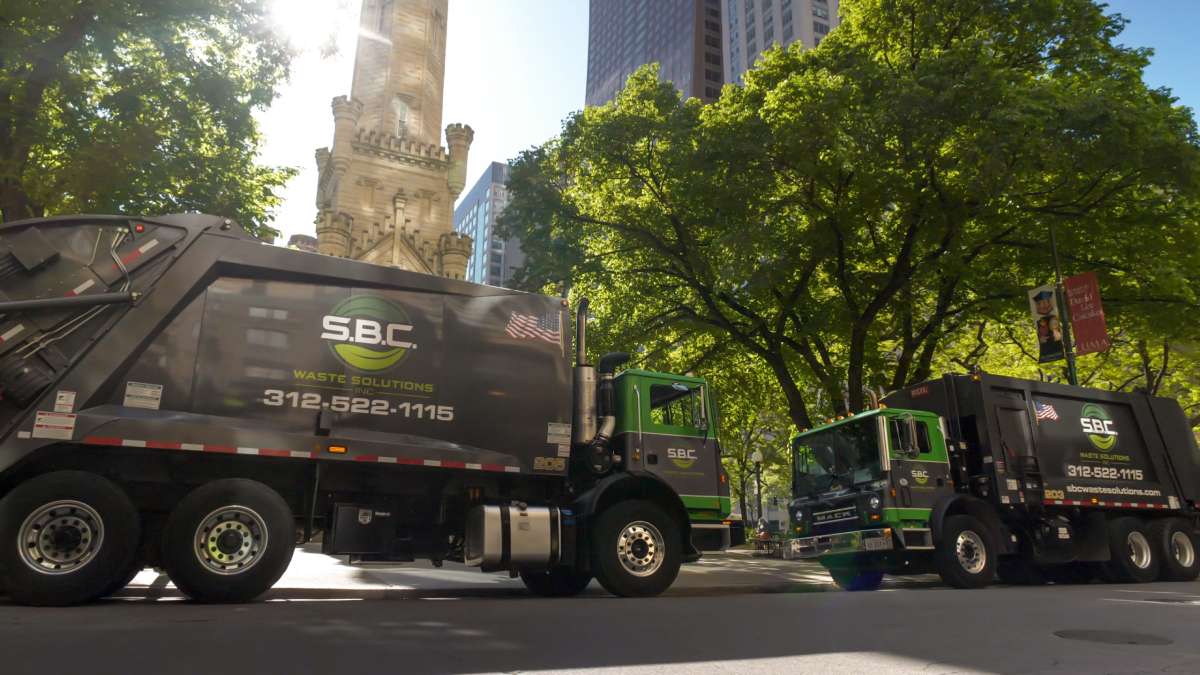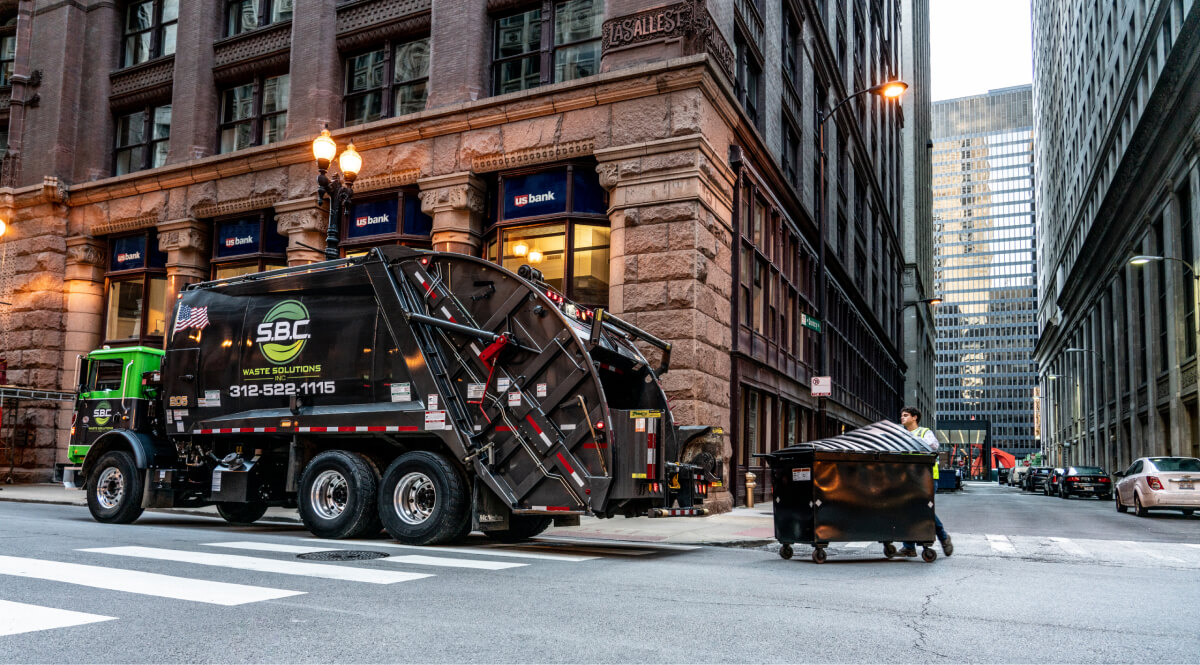Trash Pick-Up Solutions: Addressing Common Challenges and Concerns
Trash Pick-Up Solutions: Addressing Common Challenges and Concerns
Trash pick-up is an essential aspect of maintaining a clean and healthy environment. However, as populations increase and waste generation continues to skyrocket, many communities are grappling with common challenges and concerns surrounding trash pick-up. From overflowing landfills to improper disposal of hazardous waste, these issues can have far-reaching consequences for individuals and the planet as a whole. Fortunately, there are a variety of innovative solutions being developed to address these concerns and improve the efficiency and effectiveness of trash pick-up. In this blog, we’ll explore some of the most pressing challenges facing communities today and highlight some of the most promising solutions being implemented to tackle them. So let’s dive in and discover how we can work together to create a cleaner, healthier world for future generations.
Benefits of Trash Pick-Up Solutions
Before we delve into the challenges and solutions, it’s important to first understand the benefits of effective trash pick-up solutions. These include:
- Reduction in pollution: Proper waste management prevents hazardous substances from contaminating our air, water, and soil.
- Improved public health: By reducing exposure to pollutants and controlling disease-carrying pests, proper trash pick-up can help improve community health.
- Conservation of resources: Recycling and proper waste management can help conserve valuable natural resources and reduce the need for new landfills.
- Economic benefits: Implementing efficient trash pick-up solutions can lead to cost savings for communities through reduced waste disposal fees and potential revenue generation from recycling initiatives.
- Aesthetically pleasing environment: Clean streets and properly managed waste can improve the overall appearance of a community, making it more attractive to residents and visitors alike.
By addressing common challenges and implementing effective solutions, communities can reap these and many other benefits, creating a healthier and more sustainable future.
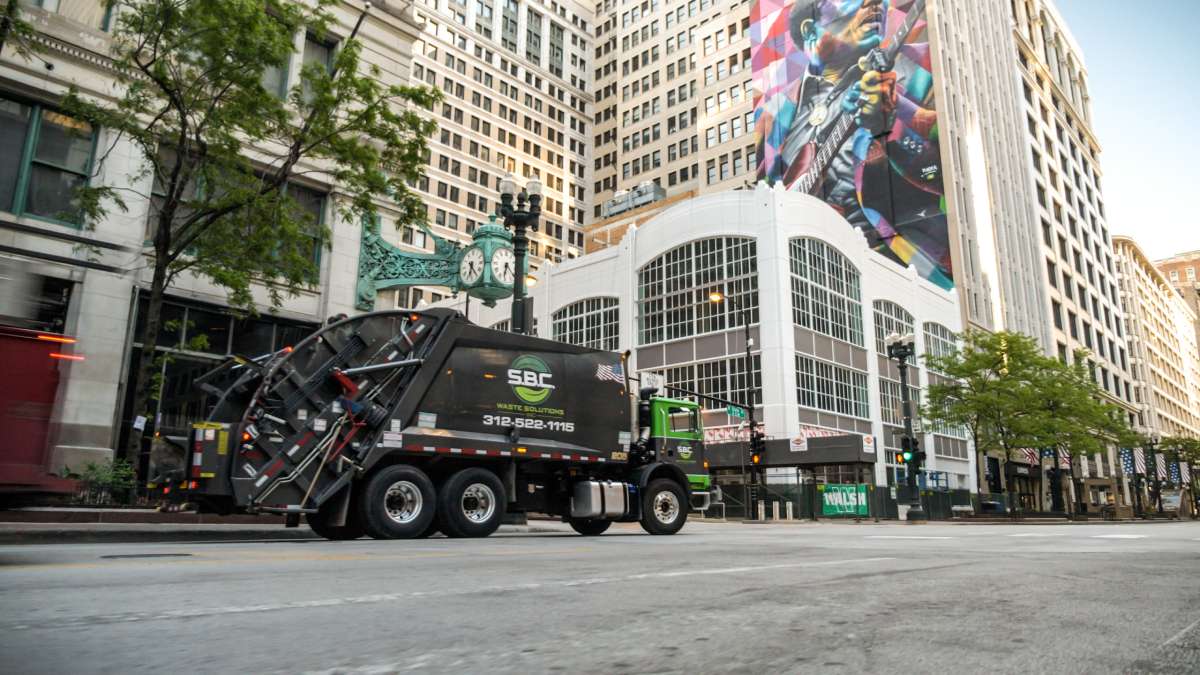
Trash Pick Up
Types of Trash and Disposal Methods
It’s also important to understand the different types of trash and how they should be disposed of properly. Some common types of trash include:
- Household waste: This includes everyday items such as food scraps, packaging materials, and paper products.
- Hazardous waste: Items that are potentially harmful to human health or the environment fall into this category, including batteries, electronics, and cleaning products.
- Medical waste: Waste from healthcare facilities, such as syringes and other medical supplies, must be disposed of properly to prevent the spread of infections.
Proper waste disposal methods for each type of trash may vary depending on location and regulations. Some common disposal methods include:
- Landfills: This is the most common method of waste disposal, where waste is buried in designated areas and covered with soil.
- Incineration: This method involves burning waste at high temperatures, converting it into ash and gas. However, incineration can produce air pollution and should be carefully regulated.
- Recycling: Materials such as plastics, paper, and glass can be recycled and turned into new products instead of being sent to landfills.
- Composting: Organic waste, such as food scraps and yard trimmings, can be composted and turned into nutrient-rich soil.
By understanding the different types of trash and proper disposal methods, we can make more informed decisions when it comes to managing our waste.
The Importance of Recycling in Trash Pick-Up
Recycling is a crucial component of effective trash pick-up solutions. By recycling, we can reduce the amount of waste sent to landfills and conserve valuable resources. Some common items that can be recycled include:
- Paper: This includes items such as newspapers, magazines, and cardboard.
- Plastics: Many types of plastic can be recycled, including bottles, bags, and containers.
- Glass: Bottles and jars made of glass can be recycled and turned into new products.
- Metals: Aluminum cans, steel cans, and other metal items can be recycled and repurposed.
- Electronics: Many electronic devices can be recycled, including cell phones, computers, and televisions.
By incorporating recycling into our trash pick-up practices, we can help reduce the negative impacts of waste on the environment and create a more sustainable future.
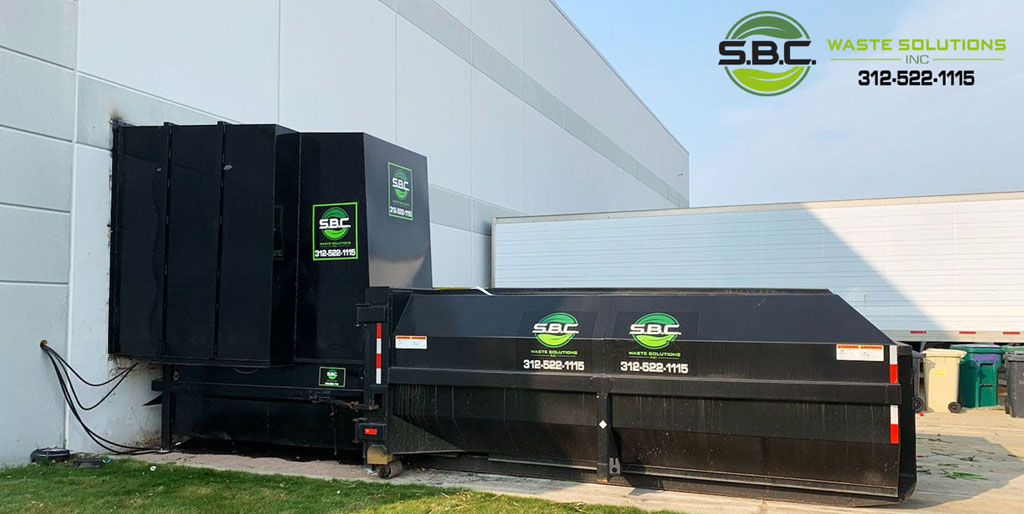
Trash Pick Up
The Role of Community Involvement in Trash Pick-Up
One of the most pressing issues that our society currently faces is the problem of trash and waste management. Every year, we generate millions of tons of garbage that need to be properly disposed of, but the current systems in place are inadequate to handle the sheer volume. This is where community involvement comes in as a vital solution to the problem.
Collectively, we have the power to make a significant impact on the environment by being more mindful of our trash disposal habits. Community involvement in trash pick-up initiatives is essential to making this happen. When more people come together to clean up their neighborhoods and public spaces, there is a ripple effect that inspires others to do the same. This not only helps to keep our environments cleaner and healthier but also fosters a greater sense of community and pride among its members.
Aside from the environmental benefits of community involvement in trash pick-up, it is also a fantastic way to promote physical activity and wellness. Picking up trash is a great workout that engages muscles throughout the body while getting people out of their homes and into the fresh air. It promotes a sense of responsibility and ownership in people, making them more likely to become advocates for cleaner and greener communities. Ultimately, the role of community involvement in trash pick-up is critical to the sustainability of our planet.
The Role of Technology in Trash Pick-Up
As mentioned earlier, advanced waste management technologies are becoming increasingly important in addressing the challenges of trash pick-up. These technologies not only make it easier to manage and process waste but also help reduce the negative impacts on the environment. Some examples of technology used in trash pick-up include:
- Waste-to-energy facilities: These facilities use non-recyclable waste as a fuel source to generate electricity.
- Smart waste bins: These bins use sensors and data analysis to optimize waste collection routes and detect when bins need to be emptied.
- Sorting technologies: Advanced sorting techniques can identify different types of materials in the waste stream, making it easier to recycle and repurpose them.
- Mobile apps: Some cities have started using mobile apps to allow residents to schedule pick-ups, report any issues with trash collection, and receive reminders about recycling and composting.
Technology plays a crucial role in modernizing waste management systems and making them more efficient and environmentally friendly. As technology continues to advance, we can expect to see even more innovative solutions for trash pick-up in the future.
Common Challenges Surrounding Trash Pick-Up
Despite these benefits, many communities continue to face challenges in effectively managing trash pick-up. Some of the most common challenges include:
- Insufficient infrastructure: In some areas, there may not be enough waste management facilities or resources to properly handle the amount of waste being generated.
- Lack of education and awareness: Many individuals may not have a clear understanding of proper waste disposal methods, leading to improper disposal and contamination.
- Illegal dumping: Dumping waste in unapproved areas can lead to environmental damage, health hazards, and increased costs for communities.
- Limited funding: Implementing and maintaining effective trash pick-up solutions can be costly, making it difficult for some communities to invest in these initiatives.
- Inadequate recycling options: Lack of access to recycling facilities or limited acceptance of certain materials can hinder recycling efforts.
With these challenges in mind, it’s important to explore and implement solutions that address these issues and improve the overall effectiveness of trash pick-up.
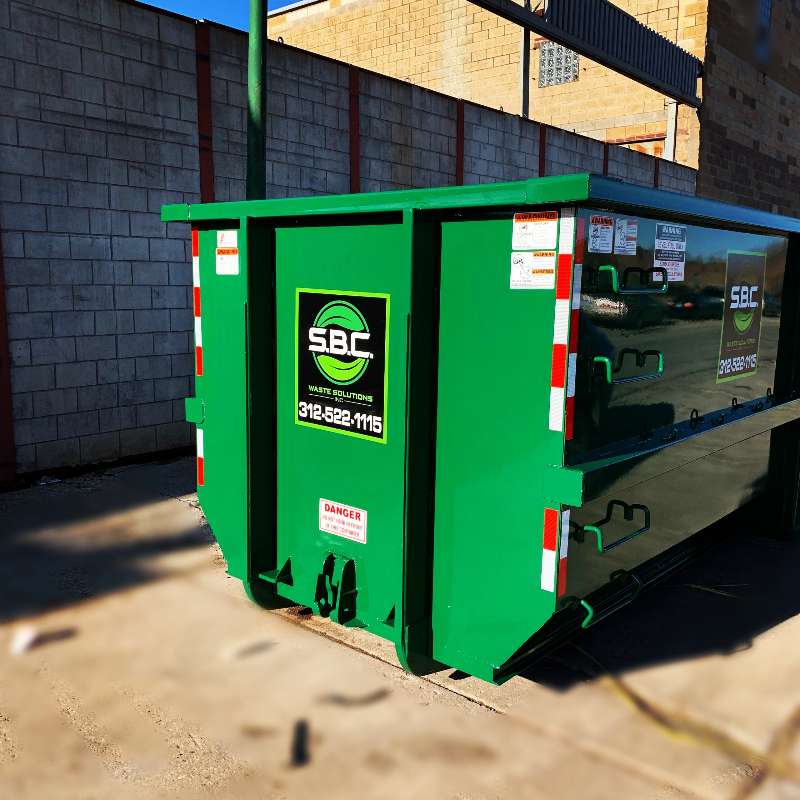
Trash Services
Promising Solutions to Address These Challenges
Thankfully, there are a variety of solutions being developed and implemented to tackle these challenges and improve trash pick-up. These include:
- Advanced waste management technologies: From waste-to-energy facilities to automated sorting systems, advanced technologies are making it easier and more efficient to manage and process waste.
- Public education campaigns: Education and awareness initiatives can help individuals better understand proper waste disposal methods and the importance of recycling.
- Tougher penalties for illegal dumping: By enforcing stricter penalties for illegal dumping, communities can deter individuals from engaging in this harmful practice.
- Government funding and incentives: Governments can provide financial support and incentives to encourage the implementation of effective trash pick-up solutions.
- Expansion of recycling programs: By expanding access to recycling facilities and increasing the types of materials that can be recycled, more waste can be diverted from landfills and repurposed.
By utilizing these solutions and continuing to innovate, we can create a more sustainable and efficient waste management system that benefits both individuals and the planet.
Trash pick-up plays a crucial role in maintaining the cleanliness and health of our communities and environment. Community involvement, technology, and effective solutions are all necessary components to make trash pick-up more efficient and sustainable. As individuals, we can also do our part by being more mindful of our waste disposal habits and supporting initiatives that promote responsible trash management. By working together, we can make a significant impact in creating a cleaner and healthier world for generations to come. So, let’s join hands and take action towards better trash pick-up practices! Let’s leave behind a cleaner and greener planet for future generations. As the saying goes, “Reduce, Reuse, Recycle” – every little effort counts towards making a big difference. Let’s all do our part in keeping our communities and planet clean.
https://www.google.com/maps?cid=4180240075447051620

